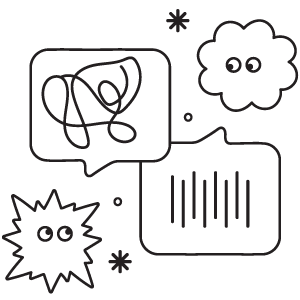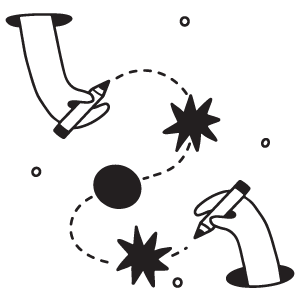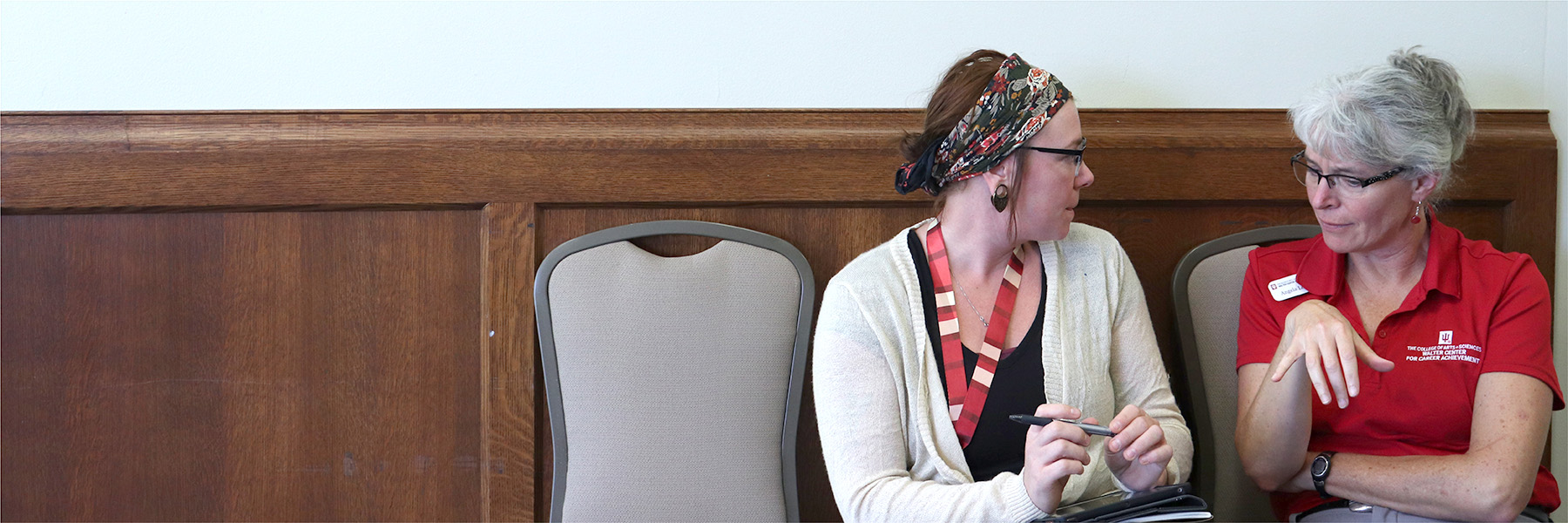At the Walter Center, we’ve tested and perfected our go-to formula for career planning, built around four guiding principles—the secret sauce to career success:
Design your life at IU and beyond
Get curious
Let your curiosity roam! Ask questions about yourself, the people around you, and think about what the world needs. By exploring things you’re curious about, and types of work you might like, you’ll set yourself up to be surrounded by interesting people, experiences, and possibilities.

Talk to people
Everyone you meet has a unique perspective and experience to share. What can you learn from people who already do the kind of work you’re curious about, like College of Arts and Sciences alumni? What about your peers or the people around you? Ask questions and talk about what captures your attention. Conversations help you gain information quickly and spark new ideas.

Try stuff
Take risks, do experiments, try new things and get messy. If one thing doesn’t work out, adjust your plan or move onto the next thing. You can start small by watching a video or attending an event. As you explore what you like, you can move onto bigger commitments, like classes, volunteering and internships.

Tell your story
At IU and beyond, you are gaining the skills and talents that intrigue, attract, and add value for employers. Your story connects the dots between your education, your experiences, and where you want to take your career. Own it! By telling your story, you’re building the confidence to be your own best advocate.

Let us guide you
Everything you need to navigate your journey from student to professional is right here in the Walter Center Career Planning Guide.


